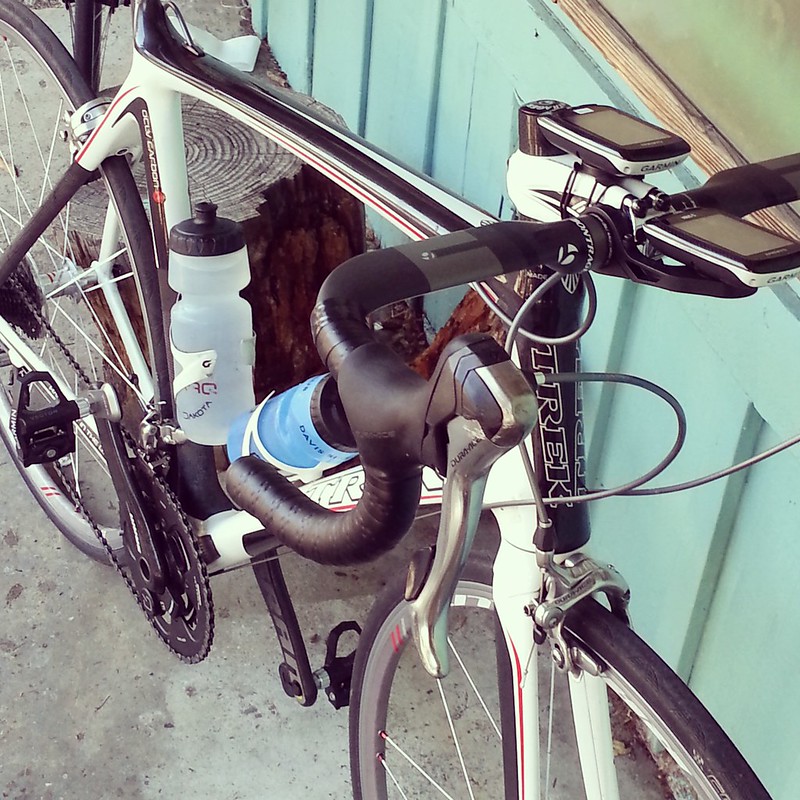djconnel wrote:dereksmalls wrote:Anyone tried the power estimate monitor from PowerTap based on heart rate? Obviously not a true power meter but looks interesting as a cheap way to get a kind of gauge
1. export ride data to spreadsheet
2. plot power versus heart rate
You get a big cloud. You can try smoothing power using different algorithms, even smoothing and delaying. You still get a cloud. HR isn't a good predictor of power.
- On a side note, one thing I would love to do is properly study the relationship between HRV ( heart rate variability ) and TSS over the course of a racing season. I have some HRV data for myself using ithlete on the iPhone but not enough to cover the couple of seasons for which I have TSS. In theory, HRV should be able to show increases in training stress but it would be interesting to do an analysis of just how much this holds true.








